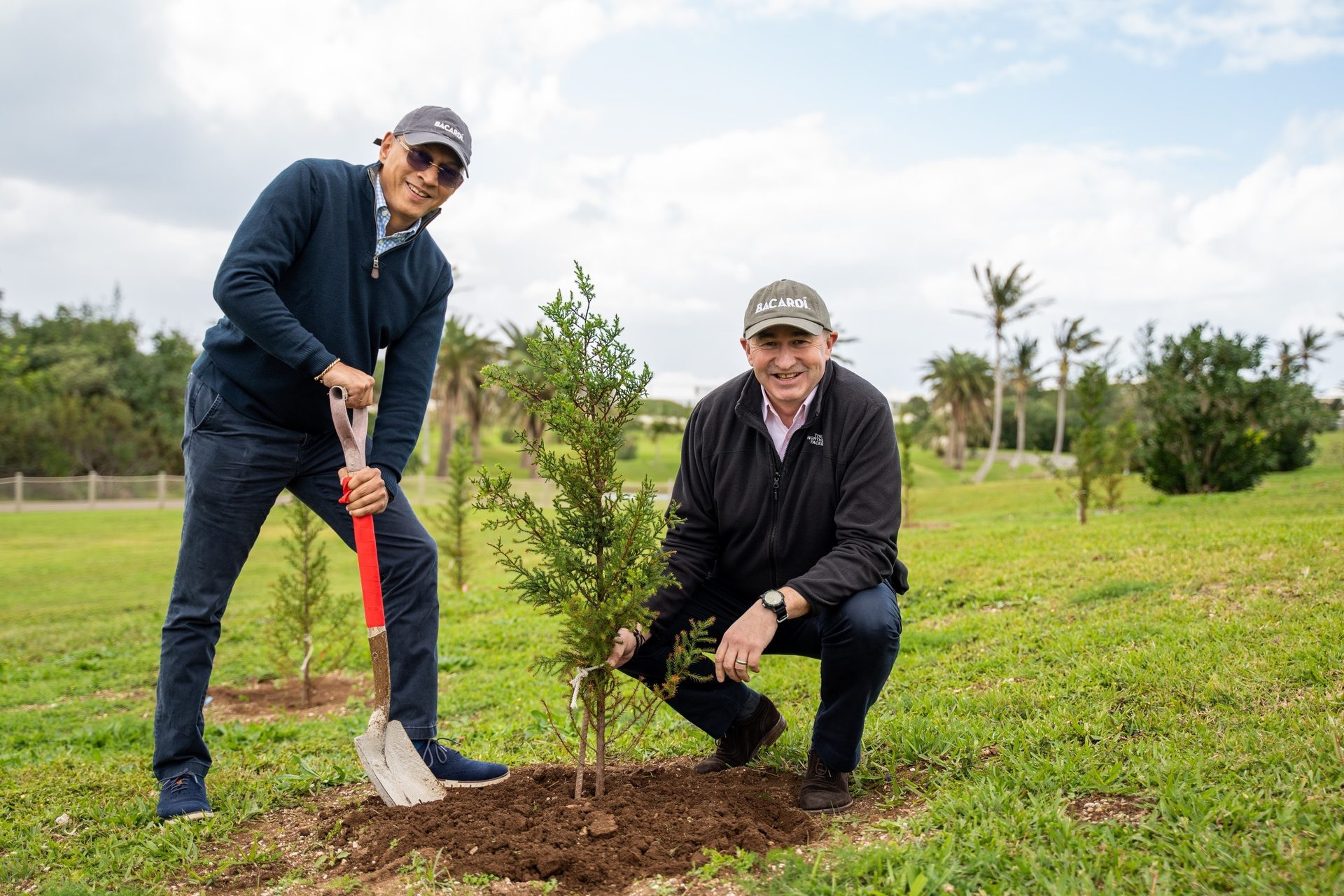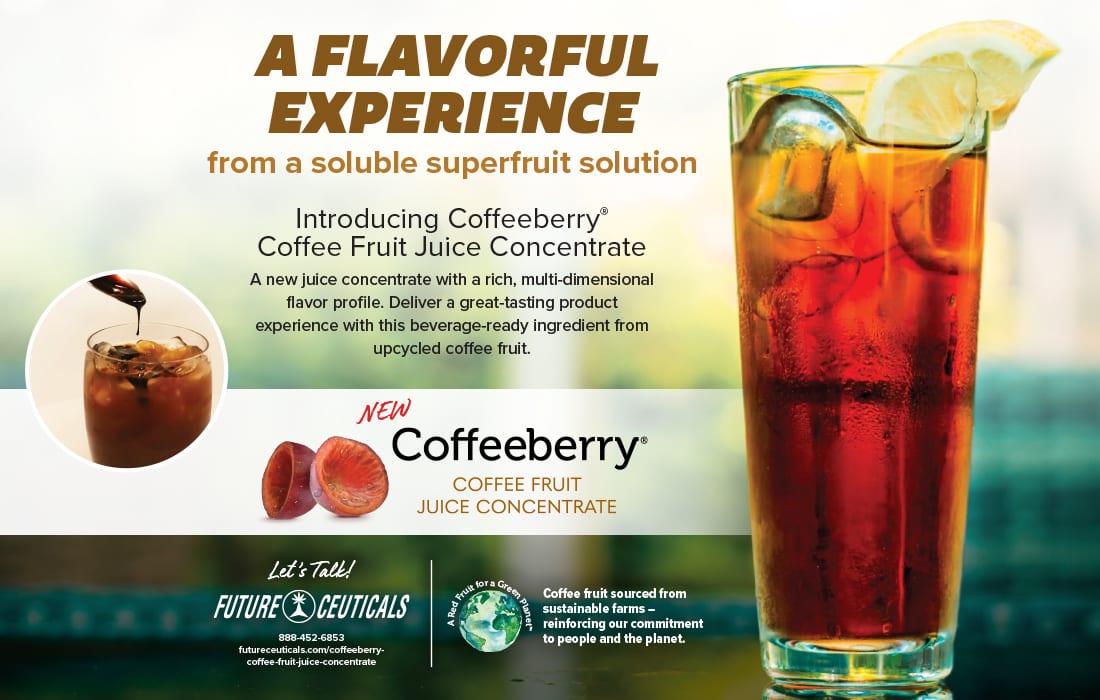
Upping the ante
ESG takes on bigger role for corporations
By Jessica Jacobsen
(Image courtesy of Getty Images)
In casual, at-home poker games, the ante is the mandatory bet the players need to contribute to seed the pot and entice players into the hand. To keep the game moving along, antes will increase as rounds progress so the game doesn’t continue in the wee hours of the night. In poker, upping the ante is about making the game more enticing for players, but when it comes to ESG ― environmental, social and governance ― consumer packaged goods (CPG) corporations are upping the ante to make their company and brands more sustainable and accountable to regulators, shareholders and ultimately consumers.
Earlier this year, Westminster, Colo.-based TraceGrains released the “State of ESG Compliance” report, which highlights the disconnect between well-meaning CPGs and their ability to deliver ESG-compliant products in the context of an increasingly complex global supply chain.
The TraceGrains’ report is based on responses from 343 food and beverage leaders across quality, operations, safety and R&D roles at large CPG companies in North America, the UK, EMEA, APAC, and LATAM, with 61% of survey respondents reporting revenues upwards of $25 million, it notes.
The report shows that food and beverage brands understand the importance of ESG compliance with 64% acknowledging as such. Respondents also noted that 46% prioritize doing business with ESG-compliant ingredient suppliers.
In terms of the motivating factors for ESG efforts, the report highlighted evolving regulatory landscapes (32%), consumer demand (27%), and competitive pressures (18%).
Although food and beverage brands are eager to incorporate ESG objectives into their business practices, hurdles do remain. In fact, 41% of respondents indicated they are falling short of achieving full ESG compliance.
Bacardi Ltd. marked its 161st anniversary by announcing it will plant one tree for every employee to support biodiversity, help local communities, and capture a combined 2.5M kg of carbon dioxide during the trees’ lifetime. (Image courtesy of Bacardi Ltd.)

The report also shows that confusion resides within ESG, particularly when it comes to sustainable-associated labels. For instance, 42% respondents agree that confusion surrounding the labeling of sustainable foods is an issue.
“That lack of clarity extends up the food chain to brands themselves, the ones tasked with producing ESG-compliant foods,” the report states. “With no formal guidelines in place to validate ESG partners, they end up choosing partners based on informal methods like word-of-mouth conversations with other brands (23%) or simply taking a supplier’s word for it (35%). Only 16% reported using software solutions to filter for ESG partners.”
Beyond this, the report found that the top hurdles for food and beverage companies implementing a successful ESG objective come down to the three variables: cost, visibility and technology.
ADVERTISEMENT
In terms of cost, the report found that 67% are willing to pay more for ESG-compliant ingredients. Meanwhile, with visibility, 49% of respondents indicated wanting deeper visibility into their supply chains beyond just Tier 1 suppliers. In terms of technology, the report highlighted various technology investments as top drivers, such as ensuring supply chain transparency and traceability (55%), managing supplier and vendor standards and compliance (48%), and reducing carbon footprint and greenhouse gas emissions (43%).
Given all of this, it seems as though food and beverage companies are eager to incorporate ESG-compliant ingredients with 42% of respondent indicating plans to increase usage of these ingredients in the next six to 12 months.
Taking necessary steps
With food and beverage companies showing a growing interest in ESG-complaint ingredients to their business, many corporations are taking the steps in expansive environmental ways.
At the beginning of this year, family-owned Bacardi Ltd. marked its 161st anniversary by announcing it will plant one tree for every employee to support biodiversity, help local communities, and capture a combined 2.5M kg of carbon dioxide during the trees’ lifetime.
Each person in the company received an anniversary edition bottle of BACARDÍ Carta Blanca, complete with a QR code, which enables them to plant their own tree and then track its progress and positive impact through an online platform, the company noted. The trees are being planted in India, Nepal, Indonesia, Ecuador, and Madagascar, with 11 different species carefully selected to maximize the benefits to each location and community, it added.
“That lack of clarity extends up the food chain to brands themselves, the ones tasked with producing ESG-compliant foods.”
— “State of ESG Compliance” report
“We care deeply about the farmers who grow our beautiful ingredients and take great pride in the strong relationships we’ve spent decades building with these communities,” said Dave Ingram, chief supply chain officer at Bacardi Ltd., in a statement at the time of the announcement. “Planting these trees on their doorsteps is another way of giving back as we invest in their future and in protecting the environment for generations to come.”
Bacardi also will plant 161 coconut trees in Puerto Rico, home to the rum distillery where BACARDÍ rum is produced. The trees will help regenerate and protect a beach located near the BACARDÍ rum distillery, an area that has suffered significant hurricane damage in recent years, it said.
Corporations also are addressing environmental issues through waste reductions efforts. This spring, Constellation Brands Inc., Victor, N.Y., announced two new environmental stewardship commitments: pursuing a TRUE Zero Waste to Landfill Certification in key operating facilities and significantly enhancing its use of circular packaging across its beverage alcohol portfolio. With both commitments to be achieved by fiscal year 2025, these initiatives will be integrated into the company’s annual operating plans and will further bolster Constellation’s efforts to serve as good stewards of our environment and natural resources, it said.
As part of this commitment, Constellation Brands will execute plans to attain TRUE Zero Waste to Landfill Certification in its key operating facilities by further reducing operational waste across its facilities and enhancing diversion from landfills, it stated. TRUE Zero Waste to Landfill Certification is a zero waste certification program dedicated to measuring, improving, and recognizing zero waste performance by encouraging the adoption of sustainable materials management and reduction practices, according to the company.
For its enhanced circular packaging goal, Constellation Brands will reduce its ratio of packaging weight to product weight by 10% across its Wine & Spirits portfolio, it stated. The company also will ensure that 80% of packaging from its Wine & Spirits portfolio is returnable, recyclable, or renewable. Additionally, it will replace hi-cone plastic rings with recyclable paperboard for all applicable four- and six-pack SKUs across its Beer portfolio.
“Constellation has a long-standing commitment to operating in a manner that safeguards our environment and natural resources, and our team is laser-focused on continuing to build on this commitment through a disciplined approach and by executing targeted initiatives that are both good for our business and key stakeholders and good for the world,” said Mike McGrew, Constellation Brands’ executive vice president and chief communications of CSR and Diversity Officer, in a statement. “Our introduction of new waste reduction and circular packaging targets is yet another example of this commitment. We look forward to continuing to work to make a positive difference in local communities where we live and work.”
ESG efforts also are seeing companies taking a bigger look at how they can address social needs. For instance, Miller Lite and the Hispanic Association of Colleges and Universities (HACU) announced they will provide 35 scholarships to eligible undergraduate Latinx students in the United States and Puerto Rico. The scholarship also provides select recipients with career development opportunities through HACU's ¡Adelante! Leadership Institute, it stated.
This collaboration with HACU, a nonprofit working to improve access to and the quality of post-secondary educational opportunities for Hispanic students, has enabled Miller Lite to award more than $1 million in scholarships to empower Latinx students pursuing higher education and career opportunities, it added.
“Leveraging the power of diversity, equity and inclusion in leadership is an incredibly important principle within Molson Coors. Through our scholarships for Latinx students nationwide, we are actively championing this core value of supporting the Hispanic community,” said Lacey Golonka, manager of community affairs for Molson Coors, in a statement at the time of the announcement. “Our longstanding partnership with HACU enables us to not only provide financial support to Hispanic communities but also unlock new avenues of education, leadership development, networking and professional growth. We are committed to fostering success in students and making a positive impact within the Hispanic community through these continued opportunities.”
As regulations, shareholders and consumers demand more in terms of ESG, the beverage market is likely to see more efforts from its leaders. BI
